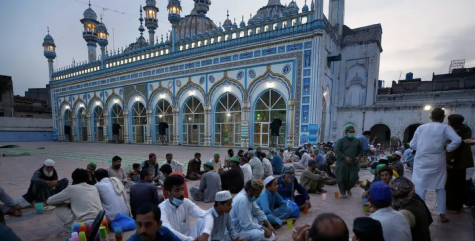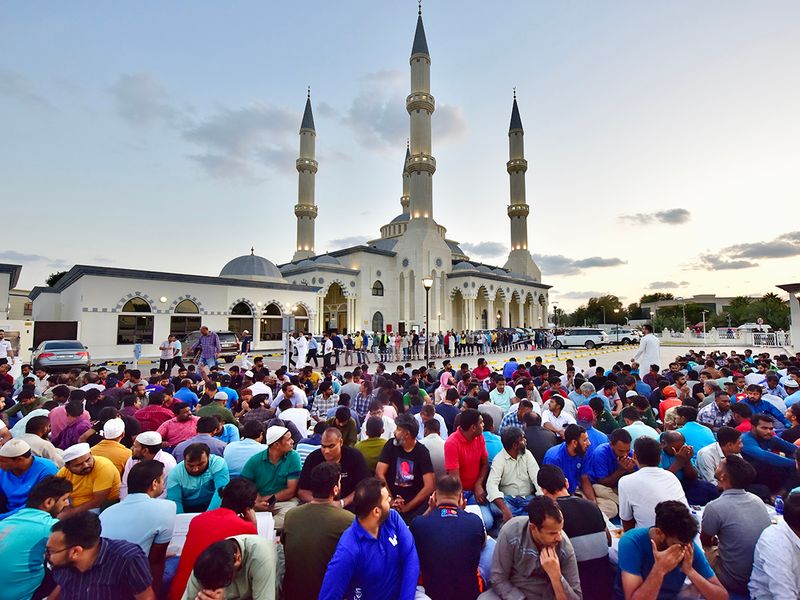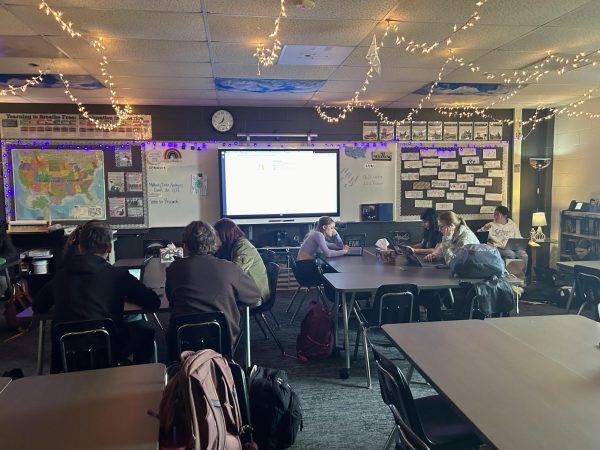Unveiling the Enigma of Ramadan: Encouraging Empathy and Embracing Diversity in Schools
Ramadan, a time of spiritual transcendence and solemn devotion for Muslims, is often submerged in misconceptions that can lead to confusion and insensitivity to those observing it. As Muslim students navigate the complexity of fasting and fulfilling academic obligations, schools must strive to dissipate these misconceptions and foster a nurturing environment. Delving into the essence of Ramadan, dismantling the stereotypes that encircle it, and engaging in a candid conversation with a Muslim student will unveil the challenges they face, opening doors to greater empathy and support.
Ramadan is a month-long observance within Islam, starting around March 22, 2023, and ending on the night of April 20, 2023. This date and month changes yearly depending on moon sightings. The month of Ramadan orchestrates a symphony of spirituality, where each note resonates with self-discipline, empathy, and community. As Muslims fast from dawn to dusk, the gradual increase of self-reflection and heightened devotion forms the melody that unites them in their shared faith. Standing as one of the Five Pillars of Islam, fasting during Ramadan is fundamental to the Muslim identity.
The harmony of Ramadan is often disrupted by misconceptions that can result in misunderstandings and discomfort for Muslims. A widespread belief is that fasting equates to a month-long total abstinence from food and water, whereas, in truth Muslims partake in pre-dawn (suhoor) and post-sunset (iftar) meals. Moreover, the notion that fasting is detrimental to health is misleading, as exemptions exist for vulnerable individuals, such as young children, the elderly, and pregnant women.
Another belief is that Ramadan centers only on fasting and is a disruption to Muslims’ daily lives. Contrarily, Ramadan encompasses a variety of practices, including prayer, self-reflection, and acts of charity. Muslims are encouraged to harmonize their daily routines with their spiritual ventures, reflecting the significance of self-discipline and perseverance.
“Ramadan is such an important time for me and my faith, but it can be tough to balance everything. I love running track, going to the gym and being active, but it’s challenging to maintain my energy levels while I’m fasting. And with school work and exams, it can be overwhelming. But I know that the month is about more than just food and drink – it’s a time for spiritual reflection and growth. With the support of my coaches, teachers and family, I’m able to find ways to stay motivated and focused during Ramadan,” said freshman Omar Elghawy.

Ada Tseng, author of Kids Are Balancing Fasting and School During Ramadan. How to Support Them, wrote about the difficulty for Muslim students that aren’t living in Muslim countries or don’t attend Islamic schools.
“But once kids get older, they often have to juggle their religion, us obligations with academics, extracurricular activities and other social pressures. In Muslim countries — or Islamic schools in the U.S. — entire schedules shift to accommodate Ramadan. But the holy month can be trickier to navigate in settings where peers and others may not understand Islam.”
To cultivate an atmosphere of inclusivity and respect for diverse religious traditions, educational institutions should prioritize sensitivity and awareness. Integrating information about various religious practices into the curriculum, encouraging open dialogue, and implementing policies that accommodate religious observance can harmonize the experiences of all students.
Through the mystique of Ramadan lies an opportunity to cultivate empathy and understanding within schools. Muslim students are empowered to balance their religious observances with academic pursuits amidst the challenges of fasting. In embracing the richness of religious diversity, we can compose a symphony of harmony, empathy, and unity that celebrates the vibrant tapestry of beliefs that shape our world.







